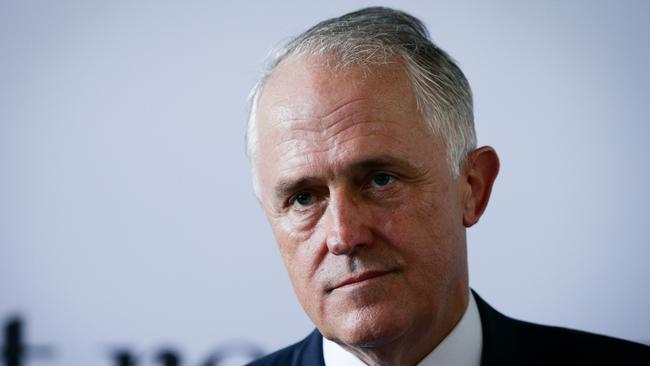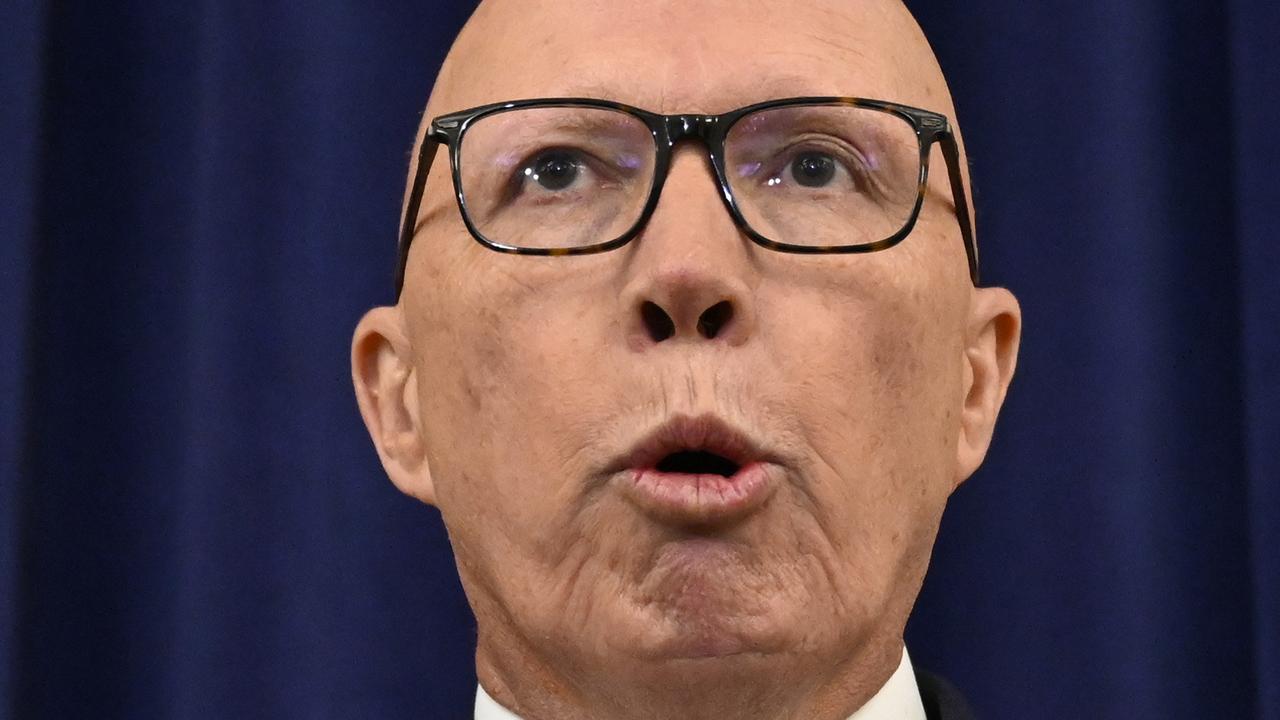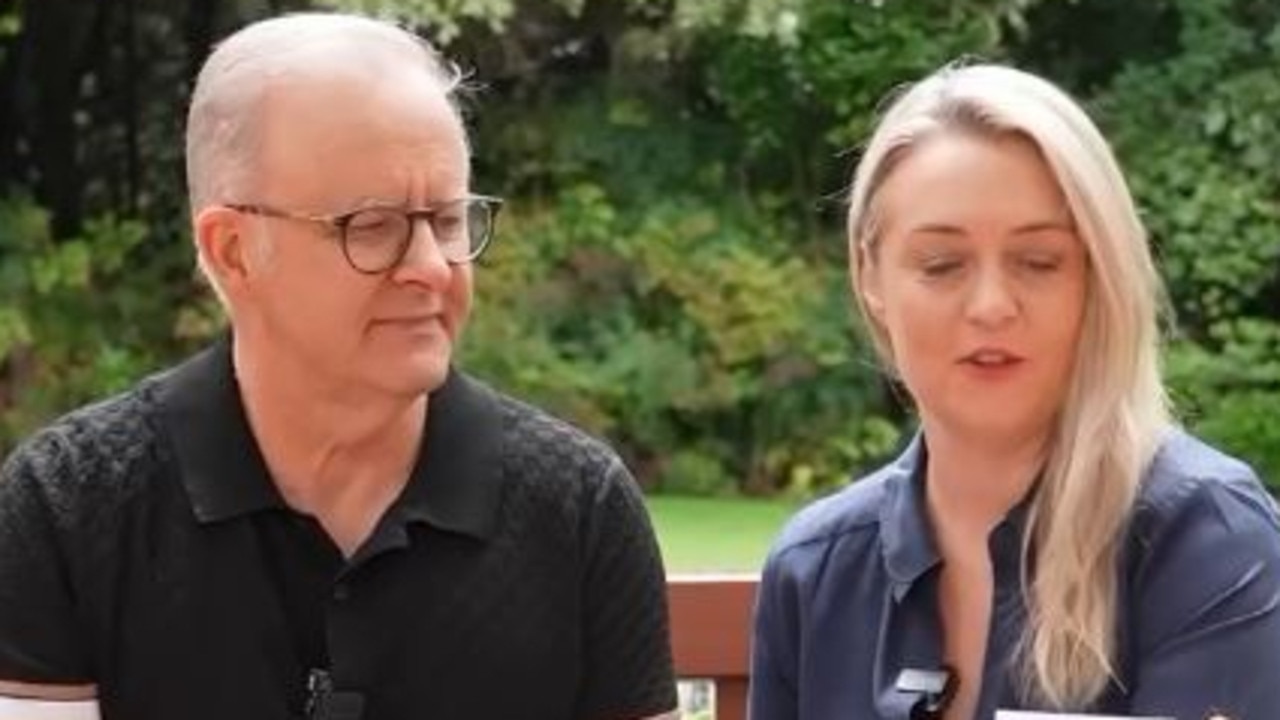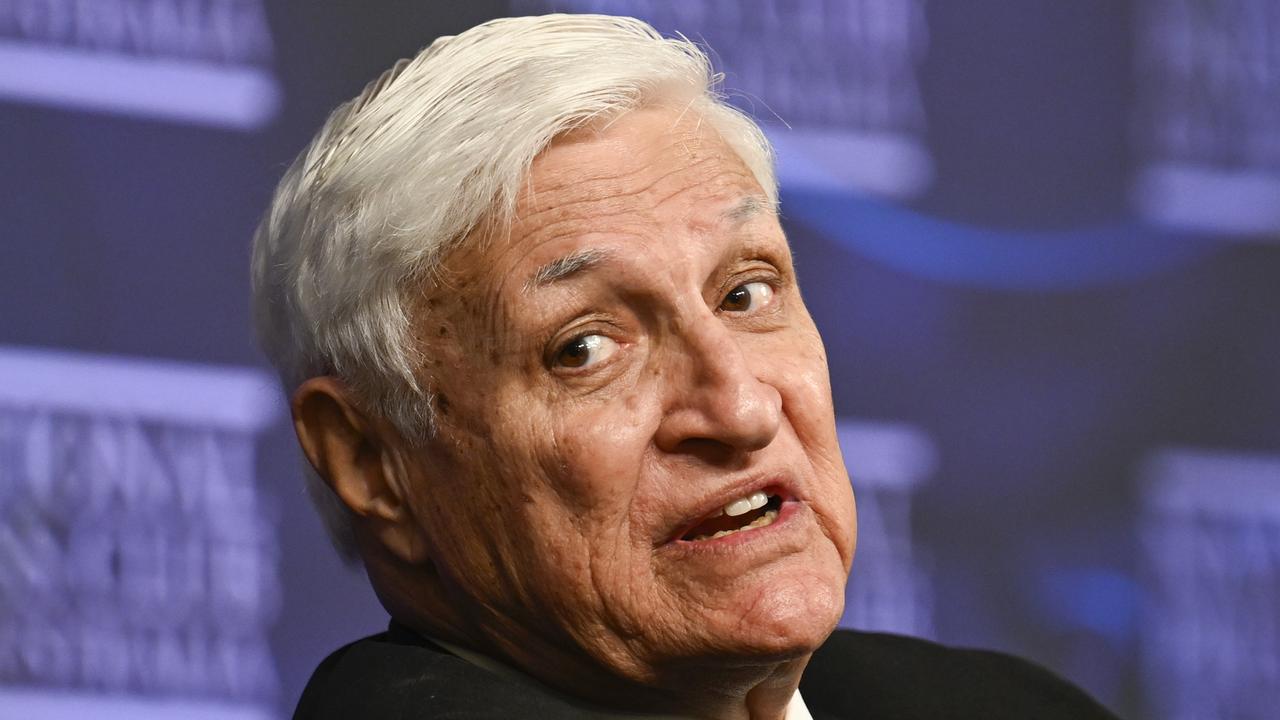Malcolm Turnbull’s banking comments show he is a man of many surprises
THE comments may have gone largely unnoticed, but PM Malcolm Turnbull showed he is a man of many surprises this week.

MALCOLM Turnbull is a man of many surprises.
Eyebrows were raised when a media alert on Wednesday announced the Prime Minister would be speaking at a Westpac function.
This is the same bank at the centre of legal action by the Australian Securities and Investments Commission over allegations of a multibillion-dollar rigging of interest rate trading.
At the same time the Panama Papers scandal is rippling across the financial and political world and Labor has been scathing of corporate tax avoidance.
Turnbull — a former investment banker — turned up to help a bank celebrate its 199th birthday in the midst of deep public mistrust about financiers.
The Prime Minister could have given a short, diplomatic speech about the humble beginnings of banks and how they help shape the economy.
But while he spoke of celebration, he also had some sharp words.
“We have to acknowledge that there have been too many troubling incidents over recent times for them simply to be dismissed,” he said.
“Wise bankers understand that banks need to very publicly demonstrate that their values of trust, integrity, placing the customer first in every way — these must be lived and not just spoken.”
It was a surprising move by Turnbull, but an acknowledgment of growing concern among voters and in political ranks that the corporate sector is not being brought to account.
Coalition Senator John Williams suggested a royal commission is needed.
Labor senator Sam Dastyari may have over-egged it by calling the Westpac allegations “potentially the largest financial crime of its type ever in Australian history”.

“What the Prime Minister did was go to celebrate a party of a bank currently being charged by its own regulator for ripping everybody off,” the Labor strategist said.
But Williams and Dastyari reflect a growing public sentiment that the pendulum of accountability has swung too far away from the corporate sector, especially under the Coalition government.
An Essential poll published this week put some figures around this sentiment.
Asked which groups are better off under Labor or Liberal, the figure for “large corporations” was 50 per cent for the Liberals and 11 per cent for Labor.
Asked the same question about banks, the figure was 47 per cent for the Liberals to Labor’s 11 per cent.
When it came to pensioners, 36 per cent said they would be better off under Labor compared with 16 per cent under the Liberals.
Similar ratios of two or three to one in favour of Labor were recorded for unemployment, single people, people with disabilities, families at public schools and low-income families.
The turnaround in the Newspoll this week for Labor, giving it a 51 versus 49 per cent two-party lead over the Coalition for the first time since the September prime ministerial change, may have something to do with this divide.
Turnbull, who is one of the wealthiest men in parliament, is seen by many voters as being too close to the corporate sector and out of touch with the average worker.
If he’s to broaden his voter appeal he will need to shake off that image, without upsetting the Coalition’s traditional business base.
There will be some appeal among the more aspirational small business owners in the electorate — and there are many of those — of a successful businessman leading the country and talking up his “ideas boom” to replace the mining boom.
But the remaking of his image faces a number of hurdles.
The first of these is that it is likely he will put a corporate tax cut, not a personal income tax cut, at the heart of his first budget on May 3.
The second is the Prime Minister’s new-found interest in attacking unions — the people who negotiate with corporations on behalf of workers.
The failure of the Australian Building and Construction Commission Bill will be the trigger he uses to call a double-dissolution election on July 2 and make unions the focus of the election campaign.
The Prime Minister can’t be all things to all people.
But the surprising Westpac speech at least shows he’s aware he needs to find a middle ground.



